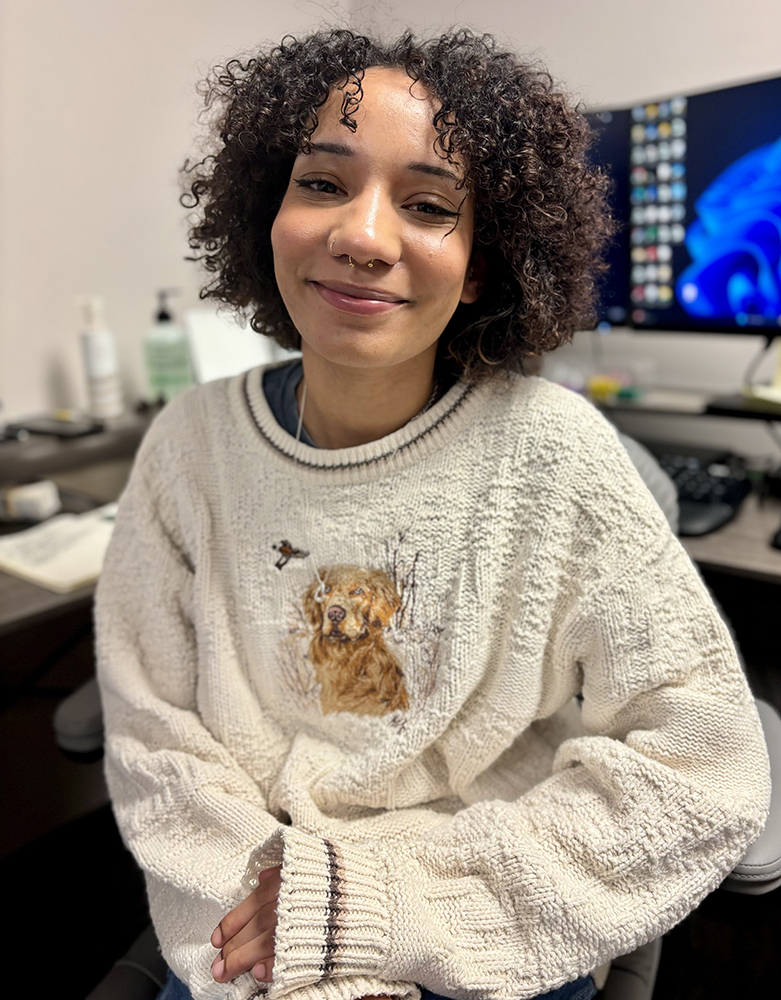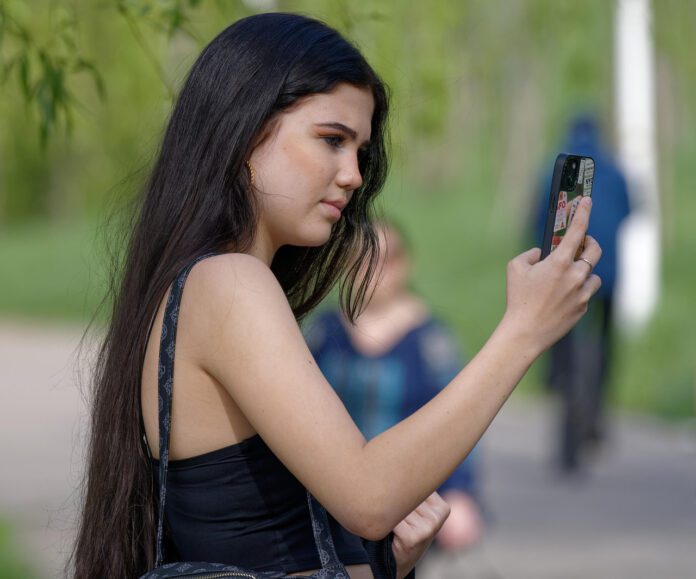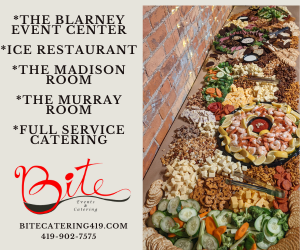Each generation experiences the world in a way unique to them, especially when it comes to mental health. For Gen Z (individuals born 1997-2012), there was no life without social media.
Imagine not knowing a time without constant comparisons, interruptions and social isolation. While it seems that connection is easier than ever — just a click or scroll away — in reality, the pressures of social media cause more disconnection and inauthenticity for Gen Z.

At the same time, there are benefits to having more access to information than any previous generation. The opportunity to find like-minded individuals and stay up-to-date on world events leads to self-discovery and awareness. This puts Gen Z in the precarious predicament of being exposed to endless possibilities while simultaneously feeling disconnected on a personal level.
Liking, sharing and commenting are the new ways to establish connections with people, which can take away from face to face interactions.
“As a culture we are overstimulated. How many times a day are we interrupted?” asked Jackie Van Zile, a licensed professional clinical counselor who has worked with ProMedica for over six years.
Combined with the effects of Covid-19 during a pivotal time of development for most Gen Zs, the pressures of social media have left many with feelings of isolation, depression and anxiety.
“My peers struggle with anxiety a lot,” said Ashley Riccardi, 23, a communications coordinator at Anne Grady Services. “Being so young and going through so many major historical events…I graduated high school during Covid-19.”
Continuous exposure to unrealistic expectations is an added pressure that previous generations may not fully understand.
“Social media is interesting because people are picky about the parts of their lives that they share. Sometimes when I open Instagram I feel bad about myself because I’m not taking a trip to Europe. I’m not going to lavish parties,” said Riccardi.

So, how do we support the Gen Zs we love? Van Zile advised to “validate their emotions, thank them for sharing when they are vulnerable. Little social things can make a big difference. Laugh with people. Be that person who includes others.”
This advice is important to implement when building relationships. Encouragement and validation goes a long way to combat isolation.
Social media has also opened the doors to conversations not previously had. The stigmas around mental healthcare have been chiseled away by the exposure social media brings. Whereas previous generations mainly experienced local issues and maintained connections with neighbors, Gen Z sees things on a worldwide level.
Vulnerability online has led to a generation who seeks out mental health, which is seen as positive self-care. Broad exposure also allows people to communicate with those they otherwise would never have access to. This promotes self discovery by finding niche groups and support systems based on common interests.
“Something really cool about social media is because it connects people so well,; if you’re interested in something niche, you can find a community,” said Riccardi. From knitting to motor racing, there is an online community to welcome like-minded individuals and the platform for self-expression.
Van Zile suggests to try new things that help your brain grow, help you connect and help you develop as a person. “It is worth it in the end.”
Balance is truly key when it comes to managing social media and in-person activities. “I have disabled all notifications from social media to get rid of distractions. I consciously try to limit time on my phone,” Riccardi said.
No matter what generation you are a part of, there is always a way to build relationships across generations. “We are all human,” said Van Zile. “And allowing each other to be human is a very connecting thing.”





















